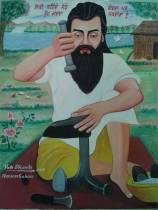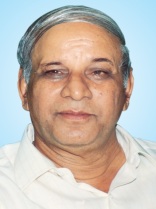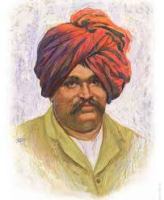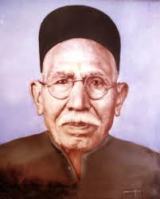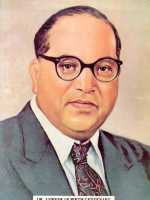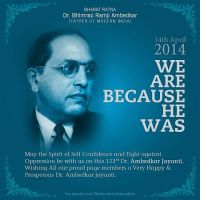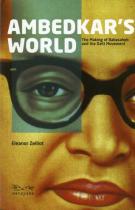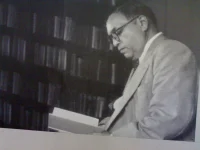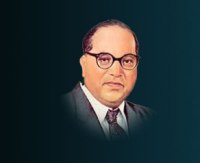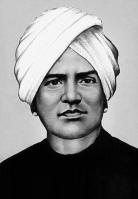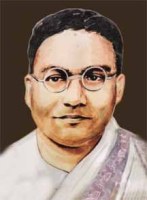Written by Nijam Gara
Whenever Uttar Pradesh and/or Bihar go to polls, the media is agog with the term ‘identity politics’. The shrill campaign coverage of mainstream media paints identity politics as being inimical to egalitarian society and destructive to the supposed holy-cow of Indian democracy. A well-known Gandhian has recently written in a National English newspaper that the “U” in Uttar Pradesh stands for ungovernable mainly because it is ridden with the scourge of identity politics. He longs for the glorious past of Uttar Pradesh in an eerie similarity to the ‘Make America great again’ slogan that we are all too familiar with now. Thus he equates the rise of bahujan leaders of Uttar Pradesh with regression of the prospects of the state.
 This narrative needs to be dissected to comprehend the ire of such Gandhians and other media pundits. First, how about a counter-narrative? Today, in 2017, almost 70 years after the birth of a nation called India, but more importantly, more than three thousand years after Vedic ‘civilization’ spread over this land, Uttar Pradesh is the only state in the Union of India where a freestanding dalit political party stands a chance at the hustings to rule the state. And Uttar Pradesh is only one of 2 states (the other being Bihar) where OBCs have taken center-stage in ruling unopposed for the past 2 decades. Leaders from the bottom of the Vedic step-ladder such as Mayawathi (dalit), Nitish Kumar, Lalu Prasad and Mulayam Singh Yadav (all OBCs) became forces to reckon with only as a result of assertion of their backward identity. It is only because they raised their banners in the name of their oppressed background that even the National parties today are forced to sing OBC and dalit tune. While it is easy for self-proclaimed political pundits to brush off bahujan parties with the deprecating label of ‘identity politics’, millions of people from all over India that hail from these sections can vouch for the dignity that a Lalu Prasad, a Mayawathi or a Kanshi Ram brought to them by standing up to oppression and bringing them in to the mainstream of political discourse. There is no means to measure the confidence that these leaders and parties instill in the bahujans across the country. In fact, it is a travesty that other states have not seen such an upsurge in bahujan assertion. To put things in historical context, not too long ago, the castes that they represent were banished to menial jobs that savarna hindus would abhor to even dream of, never had the right to own land or even stand next to a savarna but today have risen to rule themselves and the savarnas too.
This narrative needs to be dissected to comprehend the ire of such Gandhians and other media pundits. First, how about a counter-narrative? Today, in 2017, almost 70 years after the birth of a nation called India, but more importantly, more than three thousand years after Vedic ‘civilization’ spread over this land, Uttar Pradesh is the only state in the Union of India where a freestanding dalit political party stands a chance at the hustings to rule the state. And Uttar Pradesh is only one of 2 states (the other being Bihar) where OBCs have taken center-stage in ruling unopposed for the past 2 decades. Leaders from the bottom of the Vedic step-ladder such as Mayawathi (dalit), Nitish Kumar, Lalu Prasad and Mulayam Singh Yadav (all OBCs) became forces to reckon with only as a result of assertion of their backward identity. It is only because they raised their banners in the name of their oppressed background that even the National parties today are forced to sing OBC and dalit tune. While it is easy for self-proclaimed political pundits to brush off bahujan parties with the deprecating label of ‘identity politics’, millions of people from all over India that hail from these sections can vouch for the dignity that a Lalu Prasad, a Mayawathi or a Kanshi Ram brought to them by standing up to oppression and bringing them in to the mainstream of political discourse. There is no means to measure the confidence that these leaders and parties instill in the bahujans across the country. In fact, it is a travesty that other states have not seen such an upsurge in bahujan assertion. To put things in historical context, not too long ago, the castes that they represent were banished to menial jobs that savarna hindus would abhor to even dream of, never had the right to own land or even stand next to a savarna but today have risen to rule themselves and the savarnas too.










